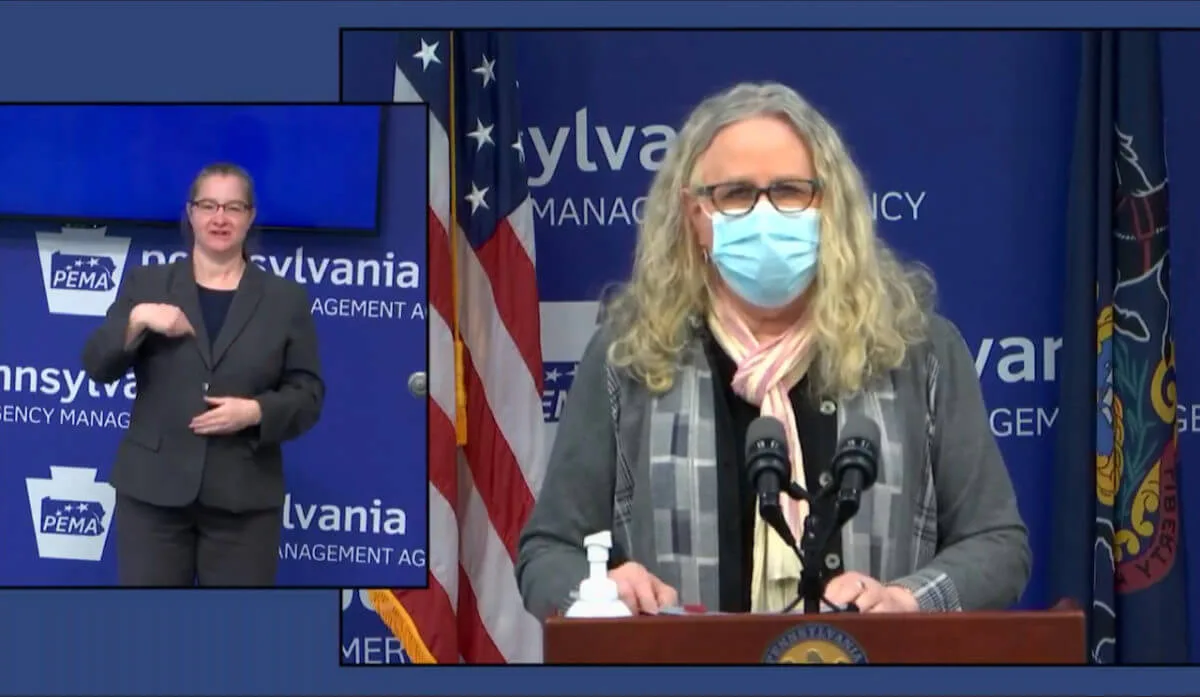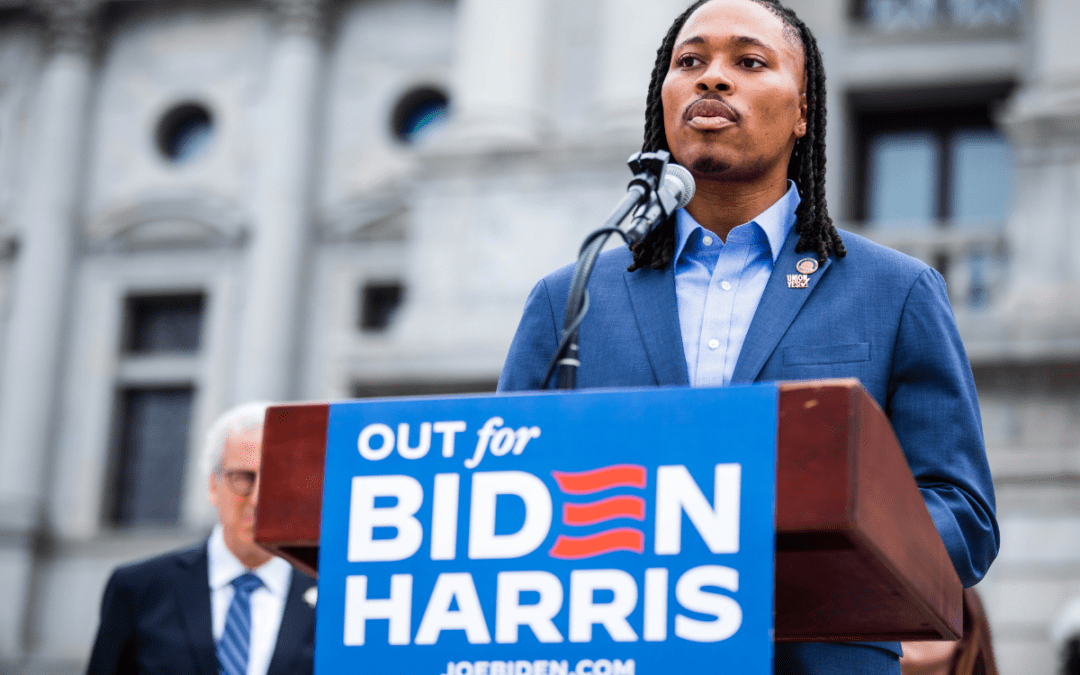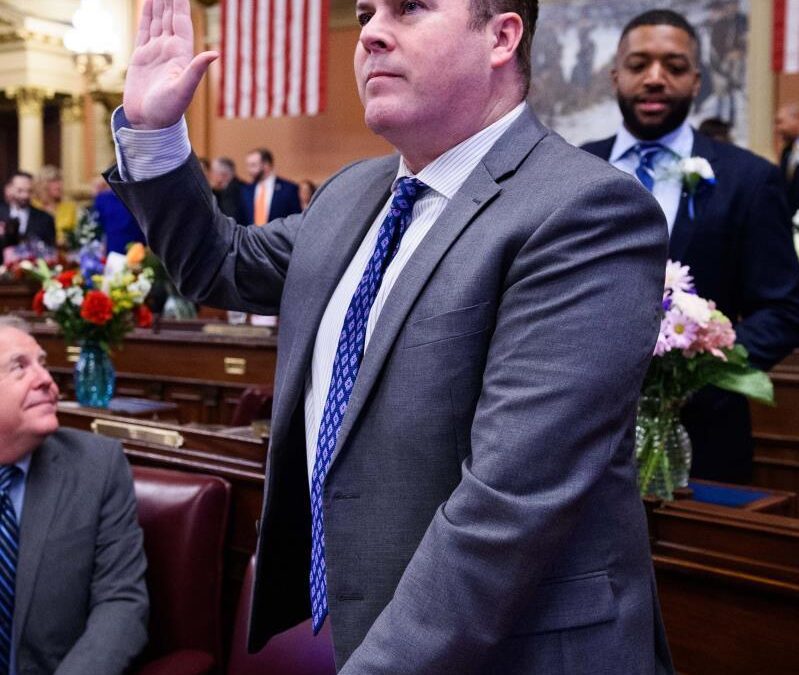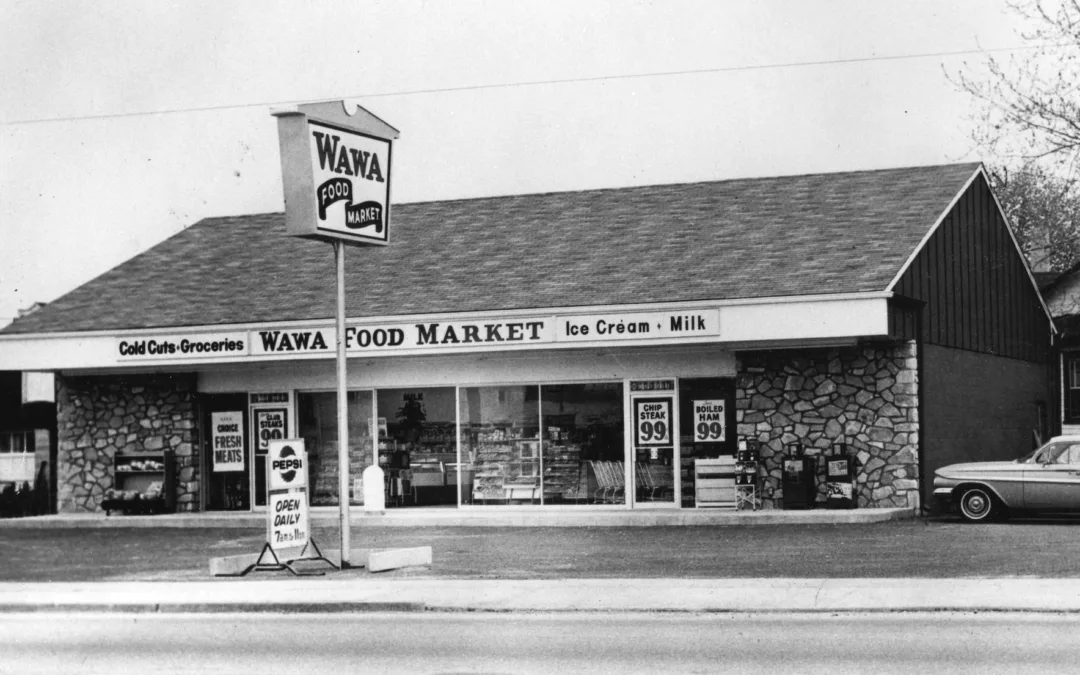
Secretary of Health Dr. Rachel Levine also said the state’s coronavirus numbers are plateauing.
CVS and Walgreens are starting the vaccination process for residents and staff at Pennsylvania’s nursing homes, state Secretary of Health Dr. Rachel Levine said Monday.
Representatives from those businesses will begin reaching out to the long-term care facilities to get information about the number of residents and staff, get patient consent, and set dates for vaccinations.
“This week, CVS will be vaccinating residents and staff of 120 skilled nursing facilities throughout Pennsylvania,” Levine said. Walgreens will provide vaccines to six facilities.
Philadelphia gets a separate allotment of vaccines. City health officials said they have been told they will receive 9,000 doses each of the Pfizer and Moderna vaccines.
The vaccine information is welcome news for the state’s health officials, who have watched the virus ravage the state in recent months.
The state has now had 600,000 reported coronavirus infections and at least 15,000 people have died from coronavirus-related issues.
Of those numbers, 453,096 cases (74%) and 6,781 deaths (45%) have been since Oct. 1.
Pennsylvania’s coronavirus numbers seem to have plateaued in the last two weeks.
In six of the first 11 days this month, the state saw at least 10,000 additional coronavirus cases. Since Dec. 11, the state has had just two days with 10,000 cases and it averaged under 8,000 new cases from Dec. 19-25.
As of 7 a.m. Monday, 5,905 individuals were hospitalized with coronavirus-related issues. That number was above 6,000 for more than a week. Of those people in hospitals, 1,145 are in intensive care units and 747 are on ventilators.
Levine said those numbers are in line with national trends, and she believes some credit rests on the state’s mitigation efforts announced Dec. 11. She said the state won’t ease those restrictions before their scheduled end on Jan. 4.
“We want to make sure that the current plateau, and maybe even decrease, continues in the new year,” Levine said.
She also said some of the numbers are lower because of the Christmas holiday, but that the trend started before that.
She said her department will discuss what to do after that date with Gov. Tom Wolf this week.
“We are concerned that we could see an increase again in January if people do not stay the course,” Levine said.
Dr. Anthony Fauci, the director of the National Institute of Allergy and Infectious Disease, has expressed concerns that the country could see “a surge upon surge” because of the back-to-back-to-back holidays. Levine said state officials are “trying to prevent that surge in January in the first place.”
Levine also offered some added clarity on the vaccination process at hospitals and long-term care facilities.
As of Monday morning, hospitals have vaccinated 72,762 healthcare workers with either the Pfizer or Moderna vaccines. She said 58 hospitals will get an additional 47,775 doses of the Pfizer vaccine and 26,100 of the Moderna vaccine to go along with other doses delivered the past two weeks.
Just because the state receives a number of vaccines one week doesn’t mean that number of people will be vaccinated that week, she said. If the doses arrive late in the week or it takes a long time to schedule and administer the vaccinations, the fewer people could be vaccinated in a given week.
She also said the state will soon report more specifics on what long-term care facilities get vaccines, but said there will be several days of delay between when the vaccinations occur and when they are reported.
Politics

Malcolm Kenyatta makes history after winning primary for Pa. Auditor General
State Rep. Malcolm Kenyatta, who was first elected to the state House in 2018, won the Democratic nomination for Pa. Auditor General and will...

Biden administration bans noncompete clauses for workers
The Federal Trade Commission (FTC) voted on Tuesday to ban noncompete agreements—those pesky clauses that employers often force their workers to...

Philadelphia DA cancels arrest warrant for state Rep. Kevin Boyle on eve of Pa. primary
Philadelphia District Attorney Larry Krasner said a detective had sought the warrant against Boyle, a Democrat whose district includes a section of...
Local News

What do you know about Wawa? 7 fun facts about Pennsylvania’s beloved convenience store
Wawa has 60 years of Pennsylvania roots, and today the commonwealth’s largest private company has more than 1,000 locations along the east coast....

Conjoined twins from Berks County die at age 62
Conjoined twins Lori and George Schappell, who pursued separate careers, interests and relationships during lives that defied medical expectations,...





